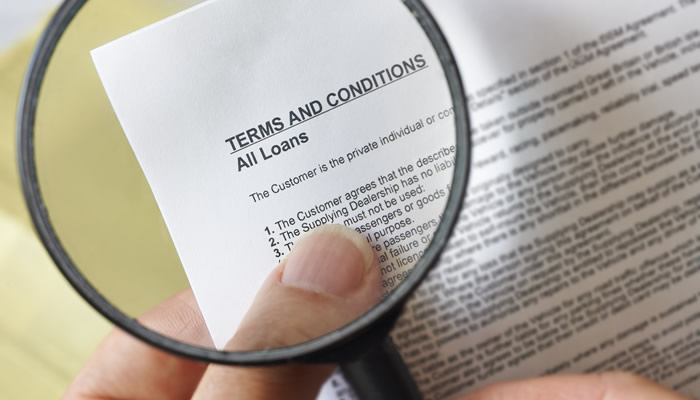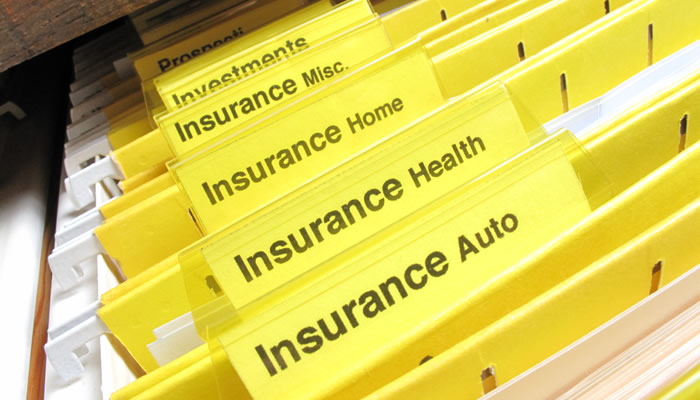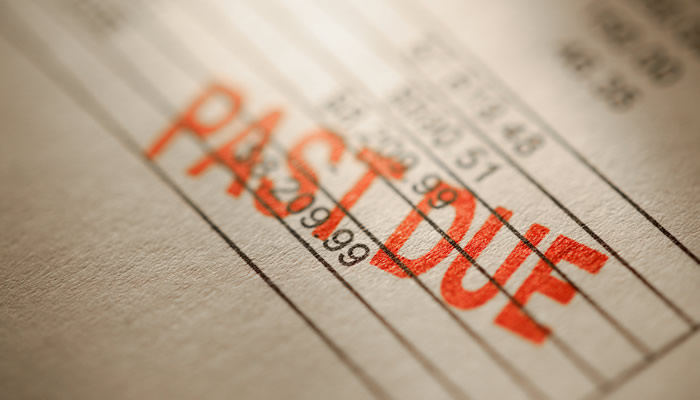Understanding Your Credit Card Payment Terms
With great power comes great responsibility. Credit cards can be a convenient way to pay for goods and services, as long as you use them responsibly. As a cardholder it’s your responsibility to review your credit card agreement. Ignorance is not an excuse for not knowing your agreement.

A section of your agreement you should pay special attention to is your payments terms. Here are the payment terms every cardholder should know.
Interest-Free Grace Period: Credit cards come with a minimum 21-day grace period. Your grace period is an interest- free period at the end of your monthly billing period. The grace period is helpful for managing short-term cash flow, as long as you use it responsibly – that means paying off your balance in full by your statement due date. It’s important to note the grace period only applies to purchases; you don’t receive a grace period for cash advances or balance transfers, where interest is charged immediately.
Avoiding Interest Charges: Interest rates may be at historic lows on mortgages and lines of credit, but they’re still 18% or higher on most credit cards. The best way to not incur costly interest charges is to avoid carrying a balance. You should strive to always pay the full amount of your balance by your due date. You should also avoid taking cash advances and making cash-like transactions, as you’ll be charged interest right away. Cash-like transactions include transactions like lottery tickets, casino chips, money orders, and traveller’s cheques.
How Interest Charges Are Calculated: If you don’t pay your outstanding balance by the statement due date, you’ll incur interest charges. Incurring interest will increase the cost of all purchases you charged on your card in the month. Interest is typically calculated based on your daily average balance.
Minimum Monthly Payments: The minimum monthly payment is the amount you have to pay by the end of your grace period to keep your account in good standing. You can find out this amount on your current credit card statement. The minimum is typically the greater of 2 per cent of your balance or $20. If you fail to make your minimum payment, your credit score could be negatively affected.
How Payments are Applied to Your Balance: If you’re carrying a balance on your credit card, you should understand how your credit card issuer will apply payments to your outstanding balance. Bear in mind that credit card issuers can charge different interest rates for different types of transactions. In fact, issuers often charge a higher interest rate for cash advances and balance transfers. It’s important to review your credit card agreement ahead of time to find out. How your payments are applied to your balance is at the discretion of your issuer. If you make more than your minimum payment, your issuer will apply the payment in one of two ways:
- In descending order (highest balance to lowest), starting with the portion of your balance with the highest interest rate.
- Evenly to different types of transactions (purchases, cash advance, balance transfers, etc.)
Late Payments: As a cardholder, you should strive to pay your outstanding balance by the end of your grace period at all cost. If you’re not able to pay off your entire balance, you should at least pay your minimum balance. Not paying your outstanding balance can be very costly – not only is interest calculated on the entire amount owing until it is paid in full; there are other not-so-pleasant consequences.
Paying your balance late can lead to penalties, including increasing your interest rate, damaging your credit score, and your issuer cancelling your credit card. None of these are desirable, so it’s best to pay your outstanding balance in the first place and avoid this sticky situation all together. As long as you use your credit card responsibly and only charge purchases you can afford to pay off in full by your statement due date, you shouldn’t run into this situation.
Cancelling Your Credit Card: Your credit card issuer isn’t the only one who can cancel credit cards. Cardholders have the right to cancel their credit card. Why would a cardholder do that? If you’re up to your ears in debt, cancelling your credit card can avoid the temptation of spending money you don’t have.
To cancel your credit card you must contact your credit card issuer. Cutting up your credit card or failing to use it will not cancel your card.
For more information, please visit Financial Consumer Agency of Canada: Credit Cards: Understanding Your Rights and Responsibilities.




